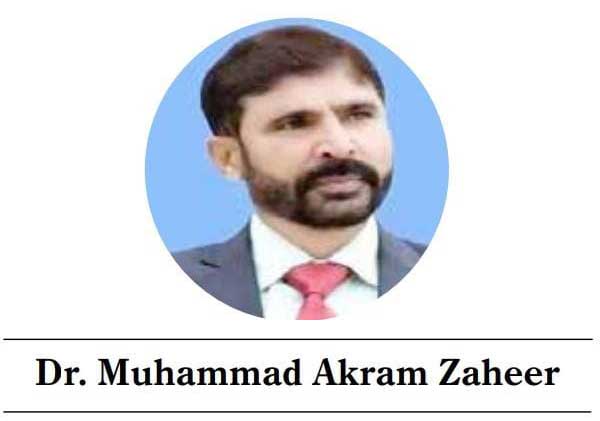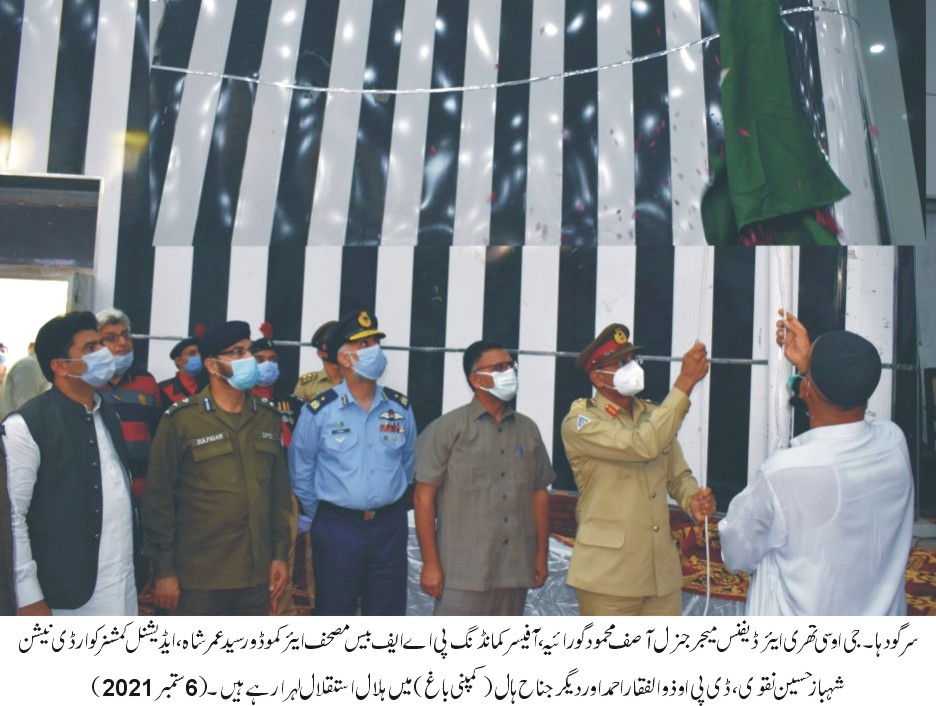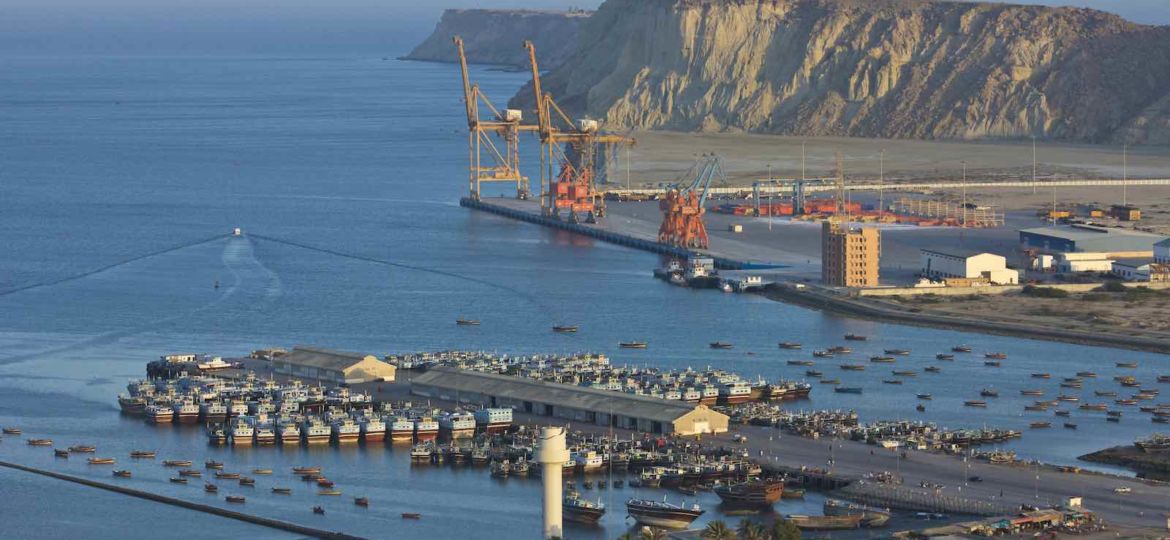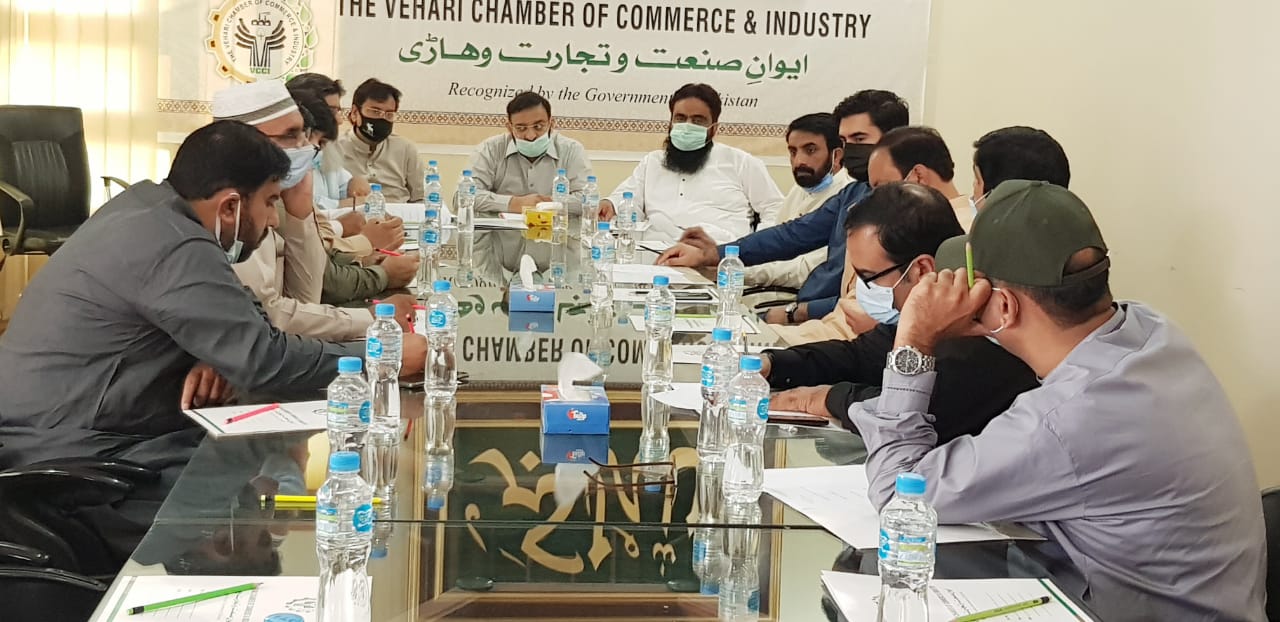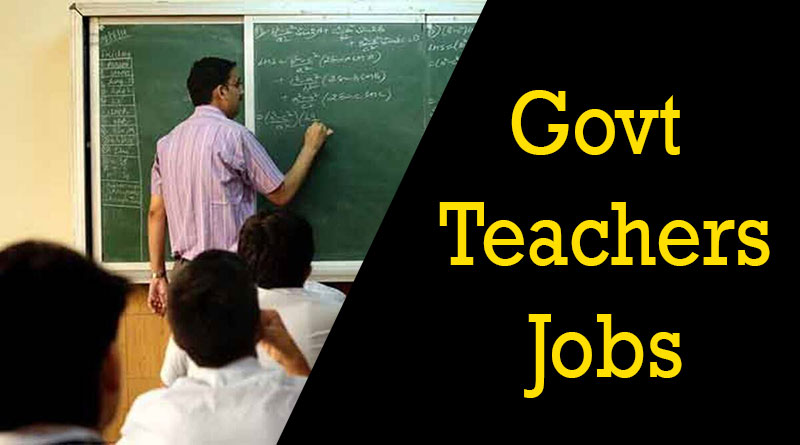Dr. Muhammad Akram Zaheer
After the coalition government, the interim government has taken over in Pakistan. This new temporary government is similar to caretaker governments seen in other countries with parliamentary systems. The current people in charge have limited powers and will continue to run the country until a new government is formed. However, this interim government is made up of people who were not elected, and they will oversee the country at both the national and local levels until new elections can be held. This system was started in 1985 by President and General Zia-ul-Haq to set up temporary governments until new assemblies are formed without political bias.
Despite the idea of having capable and unbiased individuals run the country temporarily until a new government is elected, most of the previous interim governments in Pakistan have shown clear biases that hurt their credibility. Pakistan was supposed to have a general election in the next three months. But a recent announcement from the country’s Electoral Commission suggests that these elections might be postponed until next year because they want to redraw voting districts based on a new population count.
The current temporary government is led by AnwarulHaqKakar, a former senator from Balochistan, a volatile province in Pakistan, with Pashtun heritage. His close ties with the military have caused some controversy. Other members of the government include politicians connected to major parties, except for Imran Khan’s party. The Foreign Minister used to be Pakistan’s ambassador to the United States, and the Ministry of Finance is led by a former head of the State Bank of Pakistan. The cabinet also includes Mashaal Malik, who is married to a Kashmiri leader in jail, and she is responsible for Human Rights. This choice might be related to the military’s interest in the situation of people in Kashmir near the border with India. The cabinet is quite large, with around two dozen members, and some oversee less important areas like culture and tourism. This has led to suspicions that this temporary arrangement might last longer than expected.
The interim government now has the power to make decisions about the economy, especially to help get much-needed foreign loans. So far, they have focused on issues that matter to the military, like holding those responsible for the disturbances last May accountable, which also involved attacks on military installations. Some organizations that watch over the government have asked the president not to approve laws that give more power to the military and its intelligence agencies.
Even though caretaker governments are usually meant to be temporary to help transition to elected governments, the current interim government in Pakistan is causing doubts because of who is in it and potential biases. AnwarulHaqKakar is leading the government, and it includes politicians linked to major parties, raising questions about its fairness. Despite its controversial start, the temporary government now has control over economic decisions and has addressed important national issues, especially those concerning the military. Since the country’s election schedule might change due to a new population count, it’s uncertain how long this temporary government will last. Some people think it could continue until the military figures out a way to share power that lets them keep control and influence over the economy. In this changing situation, how the government manages to rule fairly while protecting democracy will greatly affect Pakistan’s path in the coming months.
Interim Governance, Elections, and Military Dynamics
